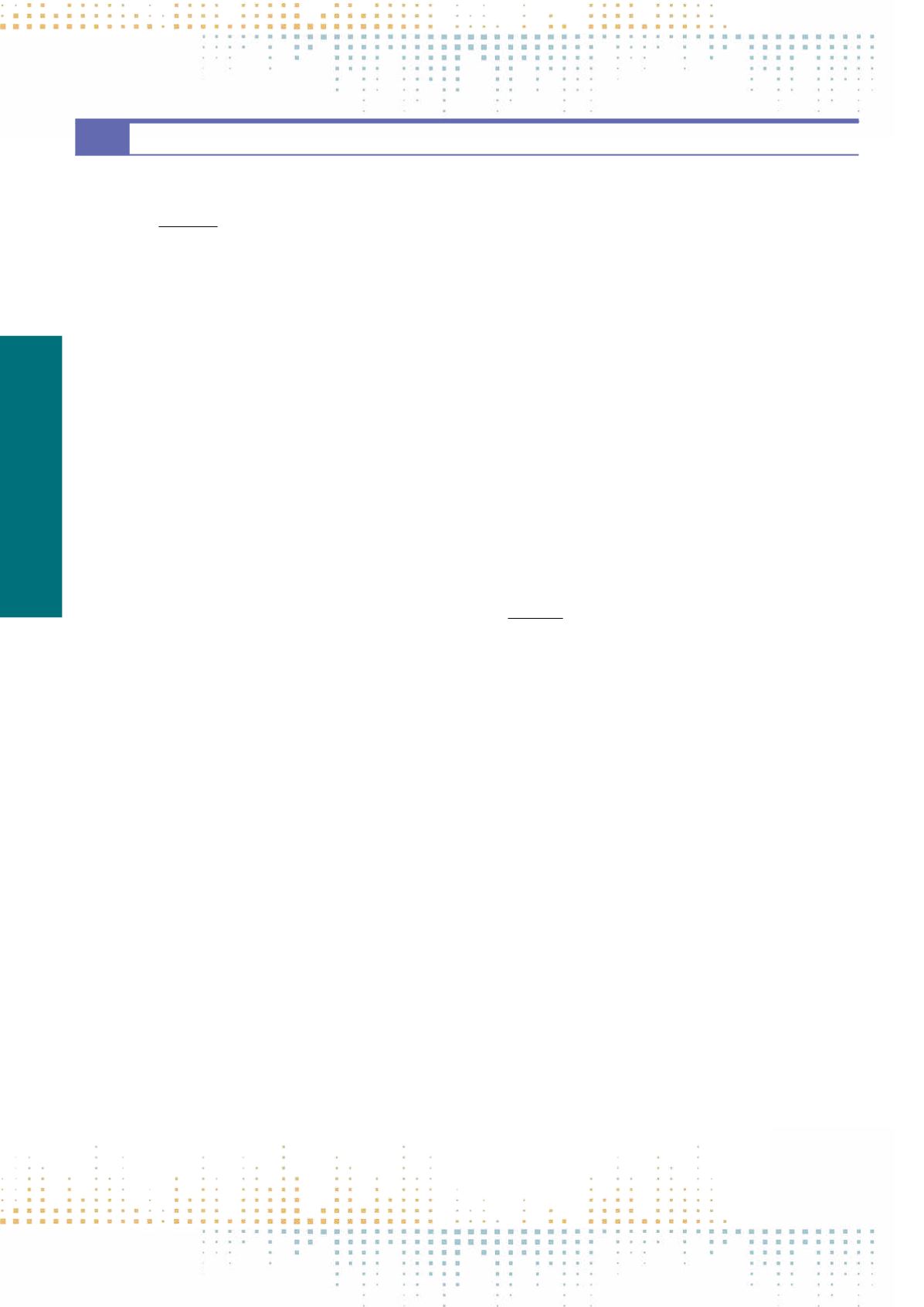

288
Saturday, November 12
0 9 : 0 0 – 1 0 : 3 0
GEC06
On Bodies, Conflict and Antifeminism
PP 570
The Initial Results of the Research Project "Geography of Missing Bodies: A Comparative Study of Feminicidios and Women's Abuses
in Mexico, Italy and Egypt"
C.L. Bernardi
1
1
Ecole Polytechnique Federale De Lausanne, Institute of Digital Humanities, Lausanne, Switzerland
Current discussions on the importance of data and data corpora in an data-driven world order seem to neglect one core problematic, which is the consis‑
tency with which data gathering and analysis may, or may not, lead to visibility. As activist Camilla Batmanghelidj explains with regards to policies on pro‑
tection of children, there is a direct correlation between the identification of the real number of children in danger (data) and the need to have policies and
instruments to protect them (visibility). This view highlights the clash between the relative obscurity of an issue and the emergence of its visibility through
data gathering, machine learning, data processing and quali-quantitative methods of analysis. This paper proposes to address the issues related to current
lack of data comparatively looking at three countries: Mexico, Egypt and Italy. The purpose of this project is threefold. It will aim at reflecting on the ways
in which the cases of violence against women meets and enmeshes with the political relevance of data and missing ‘numbers’(Urla, 2011) of disappeared
or murdered women in each of the three countries in a way to reflect and open to new interpretations to the foucauldian concept of biopolitics (Foucault,
1976). This paper will address the initial results of a larger project that seeks to establish a continuously updated platform that will be initially populated by
archival data composed by a miscellaneous of digital and analogue data such as interviews, articles and multi-media and cross-platformed digital content
characterized by hashtags (now pervasive means of communication across multiple platforms). The aim of the research project is to give visibility to other‑
wise missing bodies, people whose stories are neglected, belittled, or simply untold and not cared for. The paper will highlight the processes through which
the missing data on women violated, disappeared or murdered in these three countries are being brought to light, and how the digital layer compensates
for the missing numbers, or the missing bodies of disappeared, murdered or violated women. This paper will conclude with a reflection on the spatial con‑
tribution of an archive of missing and/or violated bodies into writing a geography of non-spaced bodies, bodies unaccounted for, unknown or un-reported
and visualise their presence cartographically to stress how data can form an alternative discourse of body-ness and reterritorilisation (Deleuze, 1987).
PP 571
The Media in European Parliamentary Debates About African Post-Conflict Situations: Supporting Women Empowerment or
Consolidating Victimization?
E. Monterroso
1
, R. Berganza Conde
2
, S. Perelló
2
, C. López-Navas
2
, B. Herrero
3
, A. Carratalá
4
, R. De Miguel Pascual
2
, C. Muela Molina
2
, E. Lavín
5
,
P. Echavarría
2
1
Open University of Madrid UDIMA, Faculty of Legal Sciences- Department of Law, Collado Villalba, Spain
2
Rey Juan Carlos University, Department of Sociology and Communication, Fuenlabra Madrid, Spain
3
Univeristy Rovira e Virgili, Deprtament of Communication Studies, Tarragona, Spain
4
University of Valencia, Department of Languages Theories and Communication Sciences, Valencia, Spain
5
Camilo José Cela University, Communication School, Madrid, Spain
There is empirical evidence that parliamentary agenda is influenced by media’s agenda (Davis, 2007; Van Santen, Helfer, & van Aelst, 2015), which implies
the mediatization of politics (Strömbäck & Esser, 2014). This paper analyzes the presence and roles of women in European parliamentary discussions about
post conflict situations in Burundi and the Democratic Republic of the Congo and it is articulated within the international research project “(In)Forming
Conflict Prevention, Response and Resolution: The Role of Media in Violent Conflicts”(Infocore), funded by the European Commission. We content analyzed
all the Minutes and the resolutions from the parliaments of Germany, United Kingdom, France and the UE, which included topics related to women’s role
in the Great Lakes post-conflict situation affecting Burundi (period from January 2010 to June 2015) and Democratic Republic of the Congo (period from
January 2012 to June 2015). We developed key concepts related to this issue among more than 3,700 conflict-related concepts and run an automated
content analysis. This work studies which African and international media shaped the parliamentary debates and which ones appeared and influenced
the most the discussions. Moreover, we pursue to test the role given to women in the European parliamentary minutes in order to clarify if they are treated
as victims or as peace builders (Ahmed Ali, 2015) and if there are correlations between these different roles and the presence of specific media. In addition,
we closely examine the topic about the sexual violence suffered by women refugees to discover if the subject is incorporated in the European parliamentary
agendas via the African media or, on the contrary, the topic remains a taboo subject in African media, as it happens in African society (Zicherman, 2007).
References Ahmed Ali, F. (2015). Mujeres y guerra. Deconstruyendo su papel de víctimas y reconstruyendo su papel de constructoras de la paz. Castellón:
Jaume I University. Davis, A. (2007). Investigating journalist influences on political issue agendas atWestminster. Political Communication, 24(2), 181–199.



















